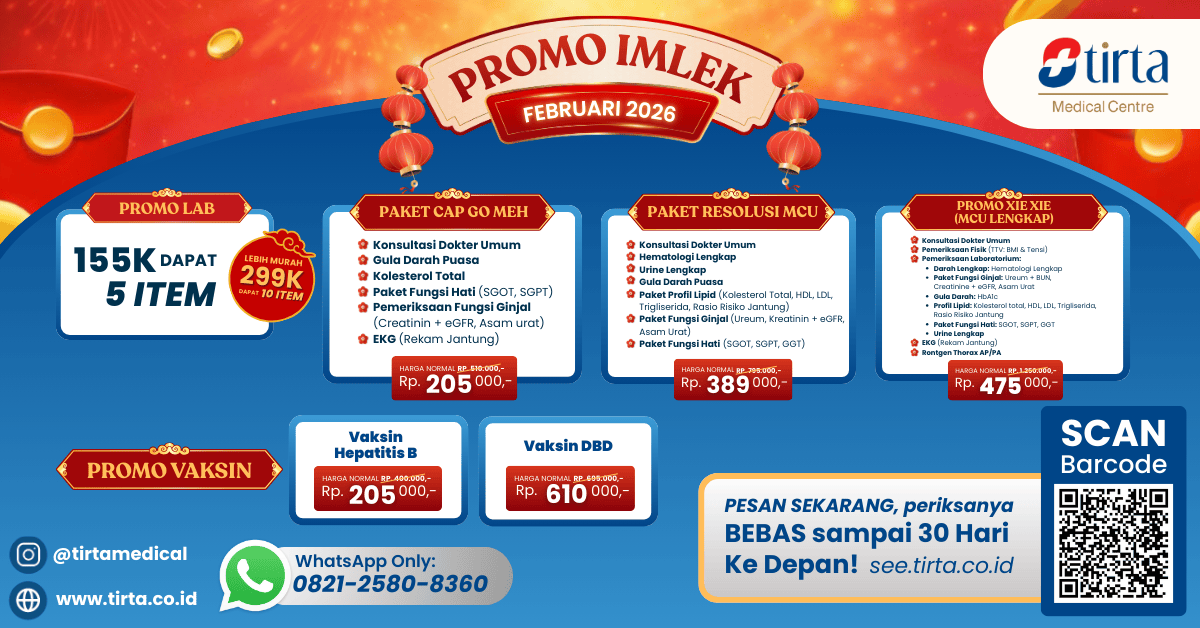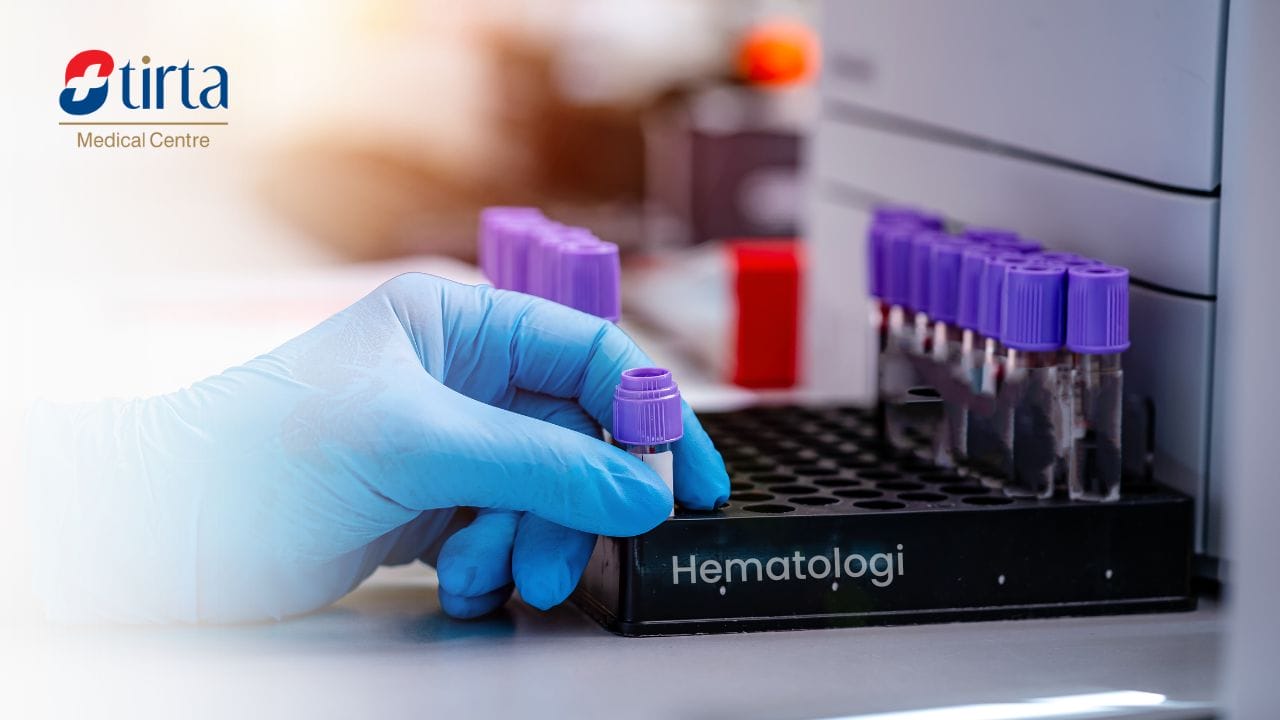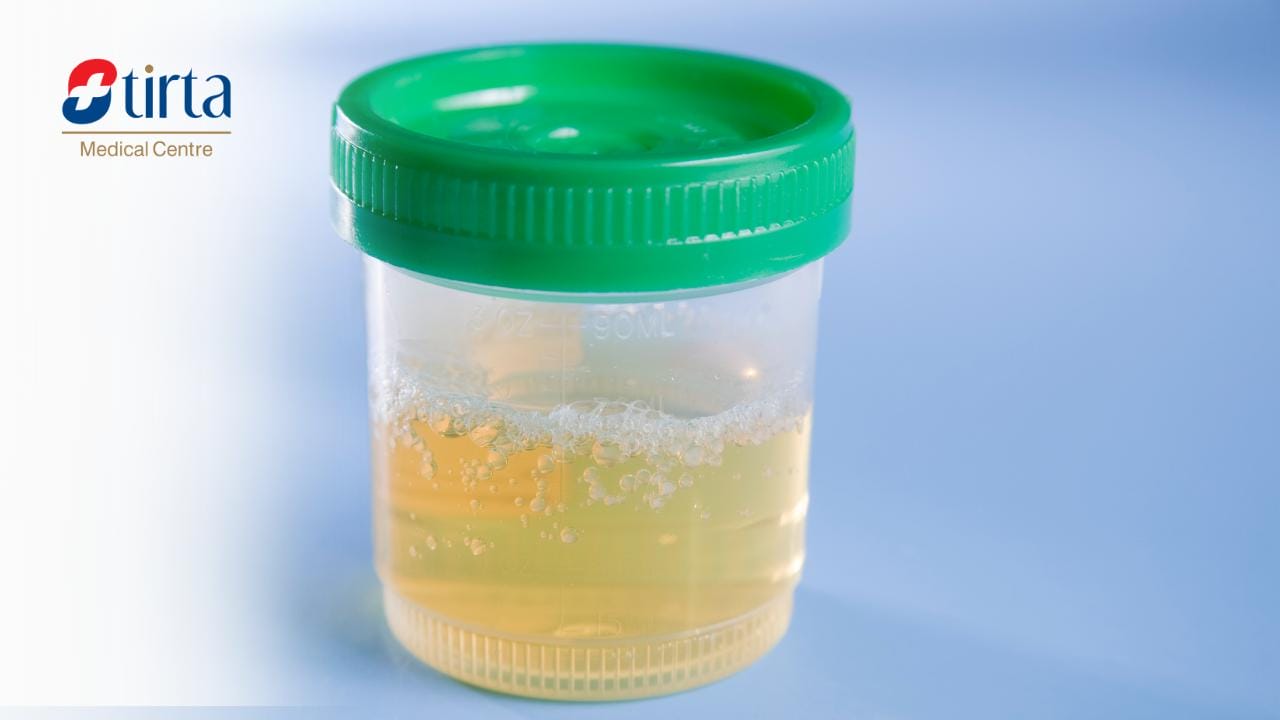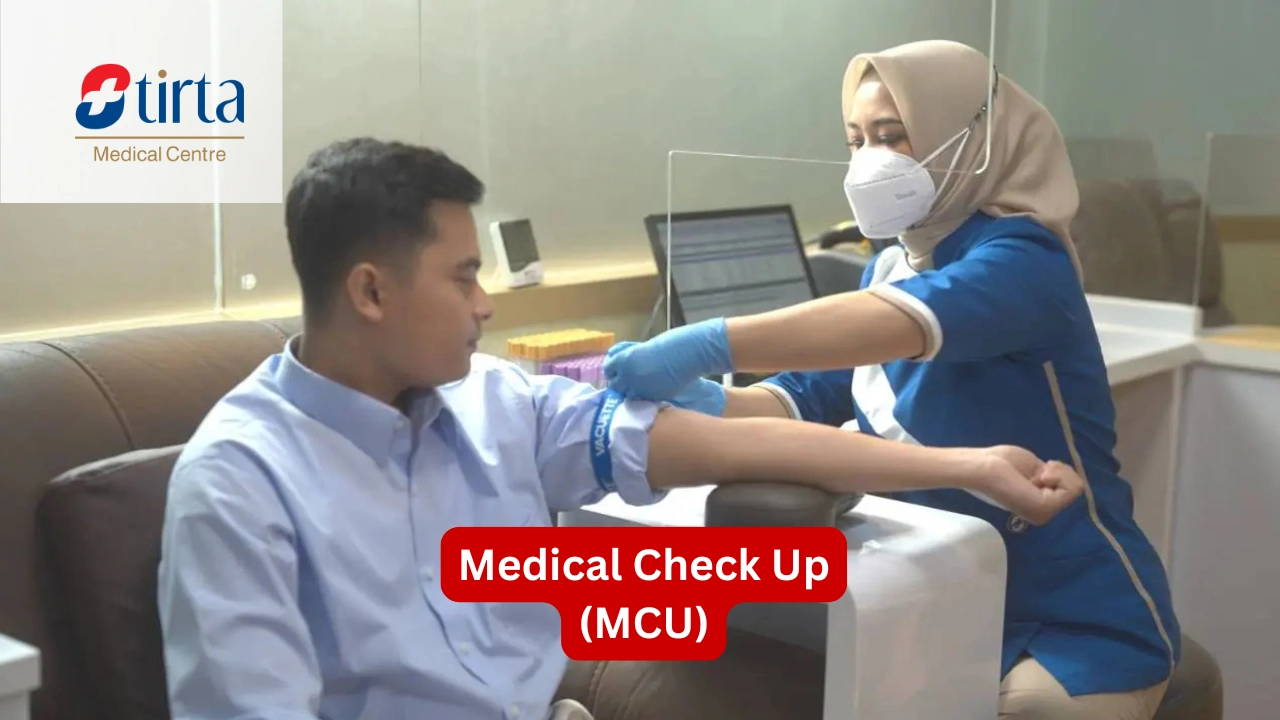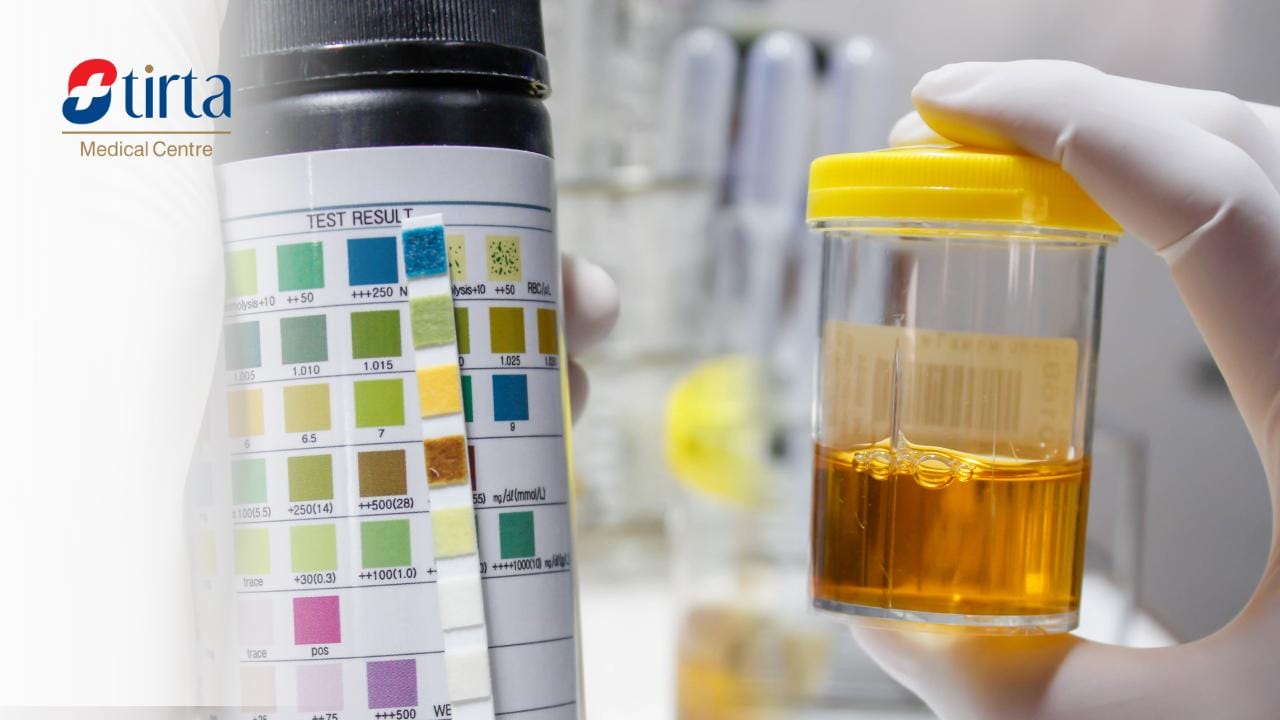A routine hematology examination is one of the most common types of blood tests performed. This test provides a comprehensive overview of blood cell components, including red cells, white cells, and platelets.
This exam helps doctors assess a patient’s overall health and diagnose conditions like anemia, infections, and blood clotting disorders.
In a routine hematology test, some of the parameters measured include:
- Red blood cell count (erythrocytes)
- Hemoglobin levels
- Hematocrit
- Red cell indices (MCV, MCH, MCHC)
- White blood cell count (leukocytes) and their differential count
- Platelet count
These test results can help assess overall health, nutrition, and possible infections or inflammation.
Benefits of Routine Hematology Tests
A routine hematology test, often referred to as a Complete Blood Count (CBC), has significant benefits in the medical field. Here are some of the main benefits of this test:
1. Early Disease Detection
The routine hematology test can help detect various health conditions early, such as anemia, infections, and blood clotting disorders. Early detection allows for quicker and more effective treatment.
2. Health Condition Monitoring
This test is useful for monitoring overall health, especially for individuals with chronic diseases such as diabetes or autoimmune disorders. By monitoring changes in blood components, doctors can assess the effectiveness of treatments and make adjustments if necessary.
3. Nutritional Evaluation
Routine hematology examinations can provide information about a person’s nutritional status, such as iron or vitamin B12 deficiencies, by examining the size and number of red blood cells.
4. Systemic Disease Screening
Routine hematology tests are also used to screen for more serious systemic diseases such as leukemia or lymphoma. Changes in the number and types of white blood cells can indicate the presence of these diseases.
5. Therapy Response Assessment
For patients undergoing certain therapies, such as chemotherapy, routine hematology tests can be used to monitor how the body responds to treatment and whether there are any side effects that need attention.
When Should You Undergo Routine Hematology Testing?
Routine hematology tests should be performed in the following situations:
1. Regular Health Check-up
As part of an annual health examination to monitor general health conditions and detect potential health problems before they become serious.
2. Specific Symptoms
If an individual experiences symptoms such as prolonged fatigue, paleness, or recurring infections, a doctor may recommend hematology testing to identify the cause.
3. Monitoring Chronic Conditions
Patients with chronic conditions such as diabetes or autoimmune disorders need to undergo this test periodically to monitor disease progression and treatment effectiveness.
4. Before Surgery
Before undergoing surgical procedures, hematology tests are often conducted to ensure there are no blood clotting issues or anemia that could affect the surgery’s progress.
5. Pregnancy
During pregnancy, this test is essential to monitor the health of the mother and the fetus and to detect possible complications.
Understanding the benefits and the right timing for routine hematology tests can help patients be more proactive in maintaining their health and collaborating with their doctor for optimal care.
Routine Hematology Test Procedure
The procedure for a routine hematology examination is relatively simple and quick:
1. Blood Sample Collection
A laboratory technician will take a blood sample from a vein, usually in the arm, using a syringe.
2. Sample Storage
The blood is placed into a special tube containing an anticoagulant to prevent clotting.
3. Laboratory Analysis
The blood sample is analyzed using a hematology analyzer, which can automatically count and measure various blood cell parameters.
4. Results Interpretation
The examination results will be interpreted by a doctor.
This procedure generally takes less than 5 minutes for sample collection, and results are usually available within one day.
Best Places for Routine Hematology Testing
To obtain accurate and reliable routine hematology test results, it is important to choose a healthcare facility with modern equipment and competent staff.
One of the best options for conducting this test is Tirta Medical Centre (TMC).
Cost of routine hematology testing at TMC: IDR 85,000
Note: Prices are subject to change. Friends of Tirta can contact us for updates on the cost of hematology testing or online reservations here:
TMC is known as a leading clinic in Indonesia that provides high-quality laboratory examination services, including routine hematology tests. Some of TMC’s advantages in conducting these tests include:
- Advanced and up-to-date laboratory equipment
- Experienced team of doctors and laboratory analysts
- Quick and accurate test results
- Comfortable and hygienic environment
- Friendly and professional customer service
By choosing TMC for routine hematology testing, patients can ensure they receive the best diagnostic services that will assist in a comprehensive health assessment.
Routine hematology testing is a crucial blood test in modern medical practice. By providing a complete overview of blood cell components, this test helps doctors diagnose, monitor, and evaluate various health conditions.
Although the procedure is simple, the results from this test can provide very valuable information for managing patient health.
For the Indonesian community, it is important to regularly undergo routine hematology testing as part of efforts to maintain health.
By choosing the right healthcare facility like Tirta Medical Centre, patients can ensure they receive high-quality diagnostic services that will support their healthcare optimally.
References:
- Jurnal Polkesban. Accessed in 2024. Comparison of Routine Hematology Testing Results Using Vacutainer and Microtainer K3 EDTA: https://jurnal.polkesban.ac.id/index.php/jks/article/view/2028/1122
- Universitas Muhammadiyah Sidoarjo. Accessed in 2024. Routine Hematology Testing: https://press.umsida.ac.id/index.php/umsidapress/article/view/978-623-464-098-4/1236
- Healthline. Accessed in 2024. 10 Important Blood Tests: What They Show, Why They’re Done, More: https://www.healthline.com/health/blood-tests
- Cleveland Clinic. Accessed in 2024. Blood Tests: Types, Results & How They Work: https://my.clevelandclinic.org/health/diagnostics/24508-blood-tests
- NHS. Accessed in 2024. NHS Health Check: https://www.nhs.uk/conditions/nhs-health-check/
- CDC. Accessed in 2024. Laboratory Testing: https://www.cdc.gov/immigrant-refugee-health/hcp/domestic-guidance/laboratory-testing.html
- NHLBI, NIH. Accessed in 2024. Blood Tests: https://www.nhlbi.nih.gov/health/blood-tests

